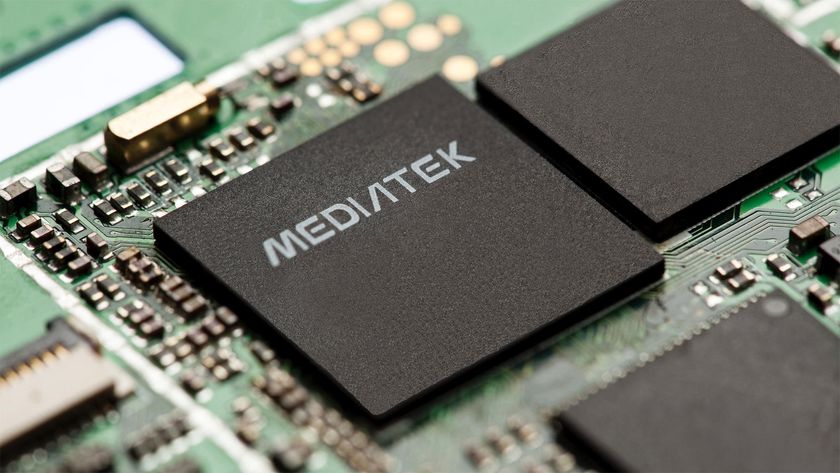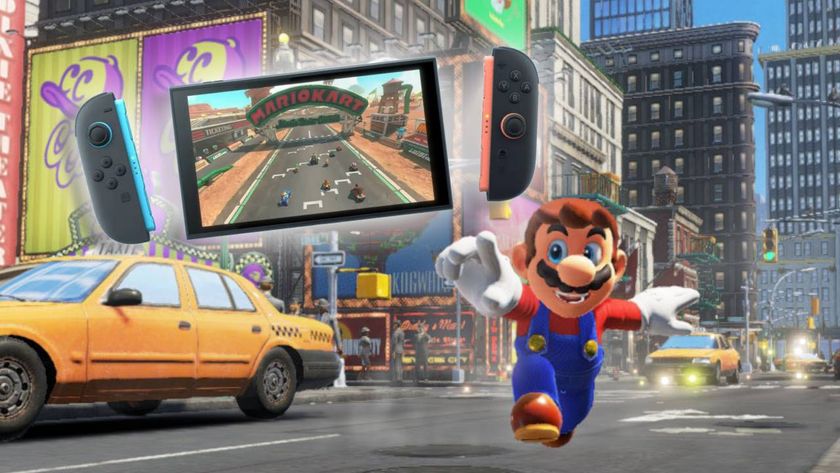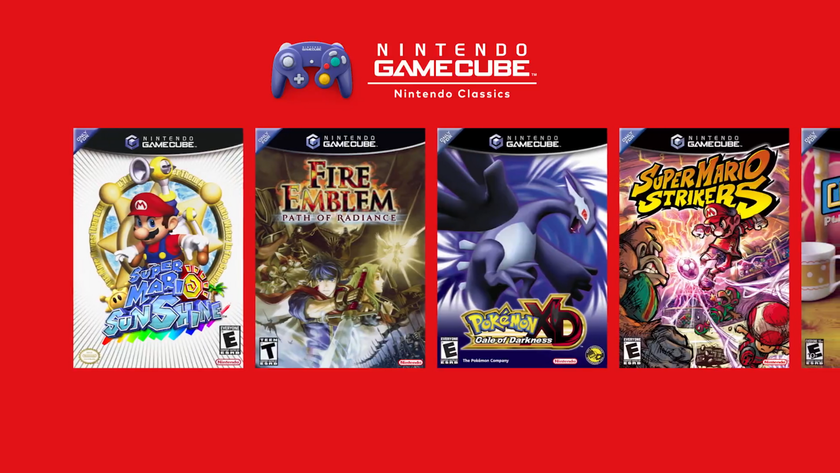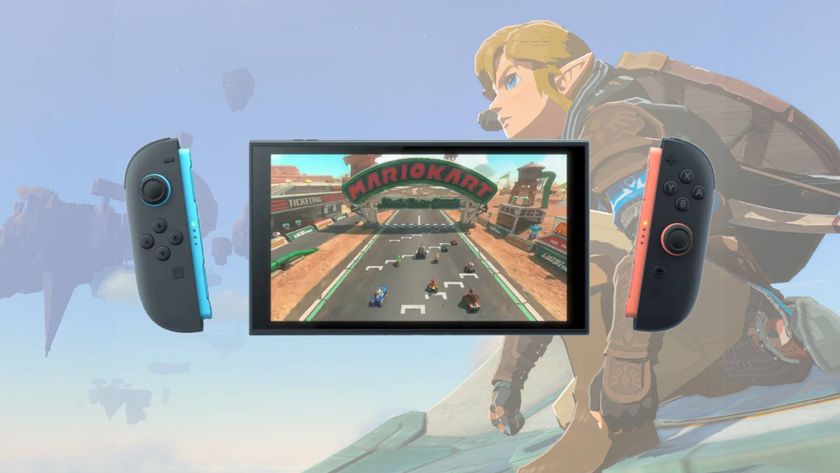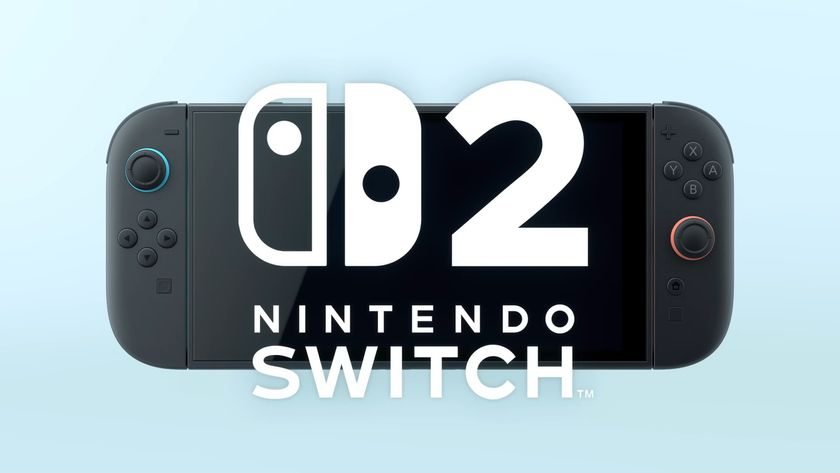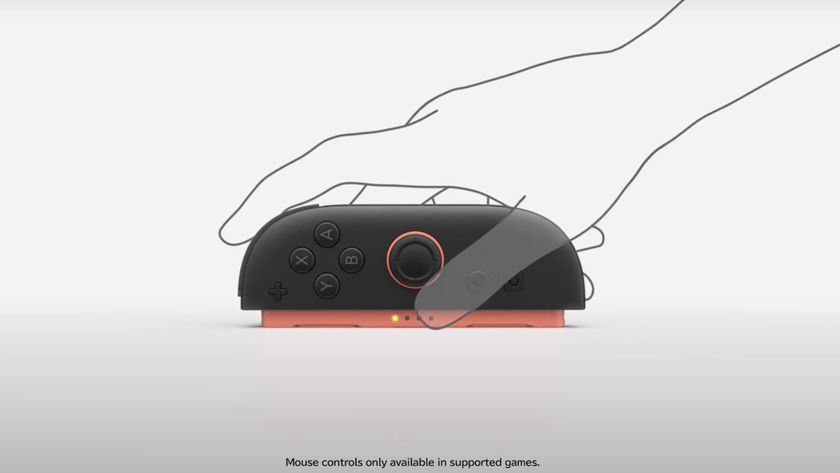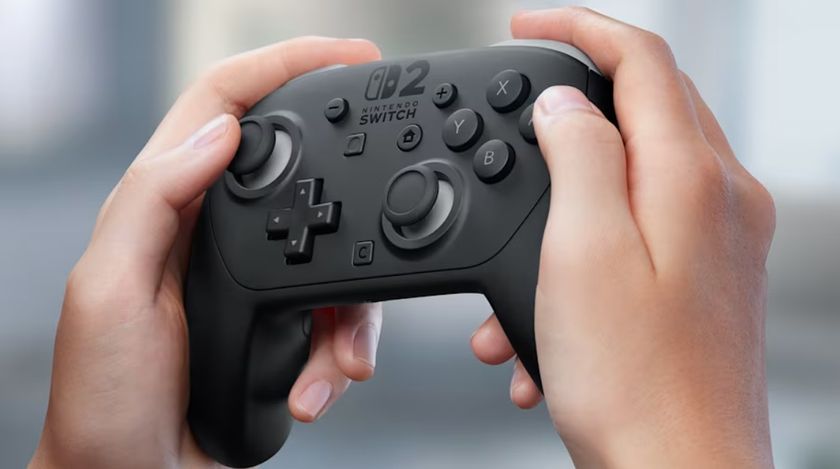Is MWC still the most relevant show for the mobile industry?
MWC is bigger than ever, but is it still worth going to?
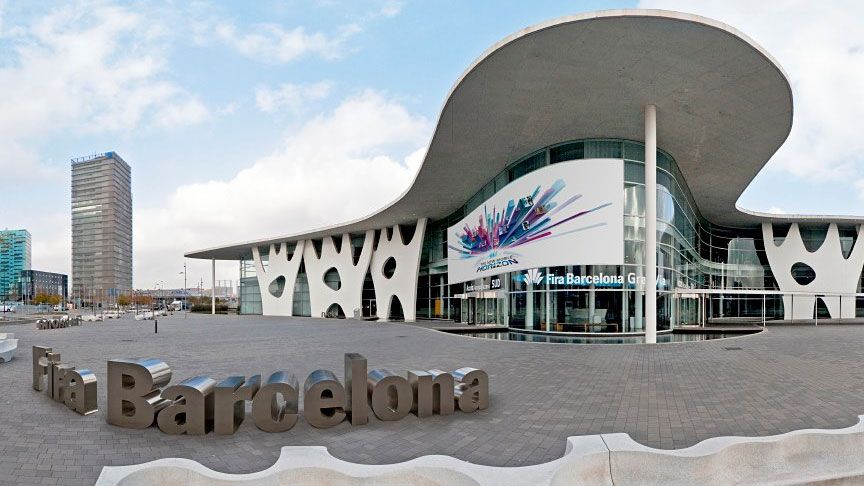
“The most relevant event in our industry,” is how Jose Maria Alvarez-Paellete, Telefonica CEO, described Mobile World Congress (MWC) 2018. Over the past decades, MWC has evolved from an annual shindig for industry executives into one of the biggest technology events in the world.
It has long outgrown its previous venues and cities (it used to be held in Cannes) and now occupies eight vast halls of the Gran Fira exhibition centre in Barcelona, covering not just devices and networks, but the entire mobile ecosystem and beyond.
GSMA Secretary-General Mats Granyard welcomed delegates to the “most ambitious and exciting MWC yet”, claiming 100,000 delegates and 2,300 companies would visit during the week. More than 70 hours of conferences sessions were held, as were an estimated one million meetings.
The average visitor apparently walks more than 10km a day and 1.5 million cups of coffee and water are drunk. Whatever statistic is used, MWC is just big. But is it still as relevant as some would have you believe and is it worth it?
The relevancy of MWC?
“MWC has become a victim of in its own success, where things have gotten bigger and bigger every year and critics call it a zoo,” Ram Menon CEO of AI chatbot firm Avaamo tells TechRadar Pro. “But any industry event that brings 100,000 of the movers and shakers in the telecom industry is one place that is always worth attending.”
“The scale of MWC is huge - there are eight massive halls to get through, and therefore you need some real commitment and preferably a clear idea of who and what you want to see before you arrive,” agrees Christopher Tooley, CEO of MVNO Lycamobile. “If you’re organised, then there is no doubt in my mind that attendees can get a huge amount out of this congress.”
For most, the value is in the networking opportunities and the ability to meet people from the industry that would be impossible at other times of the year.
Are you a pro? Subscribe to our newsletter
Sign up to the TechRadar Pro newsletter to get all the top news, opinion, features and guidance your business needs to succeed!
“MWC is quite important because of the presence and commitment of the leaders,” Fotis Karonis, managing director for voice and convergence at BT, tells TechRadar Pro. “I think one of the important things of these visits is the connection between the decision makers. [We] meet other companies, new operators … it’s good to keep in contact. You can also meet new players and [see] smart solutions that are coming out in a world where innovation is key to success.”
“One of the hardest things within the mobile industry is separating the hype from the reality, therefore speaking to industry insiders is a really important part of that process - if your networking skills are up to it then MWC is a great place to achieve this,” adds Tooley. “In summary I would say definitely go, but prepare yourself in advance for both the scale of the exhibition and the tidal wave of information that will come your way.”

Device news
MWC was once the most important event for device launches, but Apple has always been a traditional absentee, while Google’s presence this year was limited to a stand in Hall 2 and announcements about its new augmented reality (AR) framework and the Rich Communication Service (RCS) messaging platform.
This leaves Samsung to fill the vacuum with its traditional press conference on the eve of MWC as others try to make an impact. Sony, Alcatel, Nokia and Asus all attracted headlines during the week, offering a range of phones, but the weird and wonderful prototypes like the Samsung Galaxy Beam projector phone and the Nokia 808 PureView 41 megapixel camera phone are a thing of the past ( a notable mention must go to the Nokia banana phone) and many manufacturers had a low key presence.
The real story of the week was 5G, with artificial intelligence, virtual reality (VR) and the Internet of Things (IoT) also making a splash. For others, it’s the events on the fringe MWC and the technology of the future that’s the most important aspect.
“For me, the really interesting, exciting stuff in the mobile space was happening next door at the Four Years From Now (4YFN) start-up conference, not in the MWC main hall,” says Tim Stone a venture partner with IoT investor Breed Reply and former director of small business at Vodafone.
“I have been going to MWC for years and while there is still lots of interesting new hardware being launched its not as revolutionary as it once seemed.
“For me, the future growth in the mobile industry is going to come from working with the exciting new uses of its technology being developed as part of the internet of things. There were applications on display at 4FYN which have the power to change whole industries and the delivery of public services. At some point, MWC is going to need to embrace this as the real heart of the event as the big players in mobile begin to do more and more in this space or it will become less relevant.”

Getting noticed
For many firms, MWC is about exposure. techUK and the Department for International Trade (DIT) and techUK have assisted British tech firms to get to the show as conferences become all the more important in a post-Brexit world. techUK CEO Julian David says MWC fulfils a twin goal of raising the profile of UK tech and allowing him to identify the key trends for his organisation’s members.
“There are certain destination events that capture some of the industry’s dialogue,” he explains to TechRadarPro. “The other one we do regularly is CES. If you’re not engaged in that then you might miss out. You’ve got to be at these shows just to show you’re at the industry.
“The second thing about these shows is they do pick out the main themes [in mobile]. You tend to sense them and see them earlier.”
The GSMA itself works to promote new technologies, inviting firms in key areas to its Innovation City in Hall 4. Canadian firm BeWhere created a solar-powered IoT punchbag that only alerts the network when something notable has happened. This could dramatically extend the lifespan of an IoT device, reducing cost.
BeWhere already has a partnership with Canadian operator Bell, but this won’t launch until June. MWC, and the partnership with GSMA, is the ultimate shop window and could give the firm that crucial ‘first mover’ advantage.
“It introduces us to carriers who may not have heard of us,” he tells TechRadar Pro. “Next year, it will be about building those relationships. People are paying attention to what we’re doing.
“if the GSMA calls for a punch bag, I’m making a punch bag!”
- Check out the best mobile deals for March 2018
Steve McCaskill is TechRadar Pro's resident mobile industry expert, covering all aspects of the UK and global news, from operators to service providers and everything in between. He is a former editor of Silicon UK and journalist with over a decade's experience in the technology industry, writing about technology, in particular, telecoms, mobile and sports tech, sports, video games and media.


